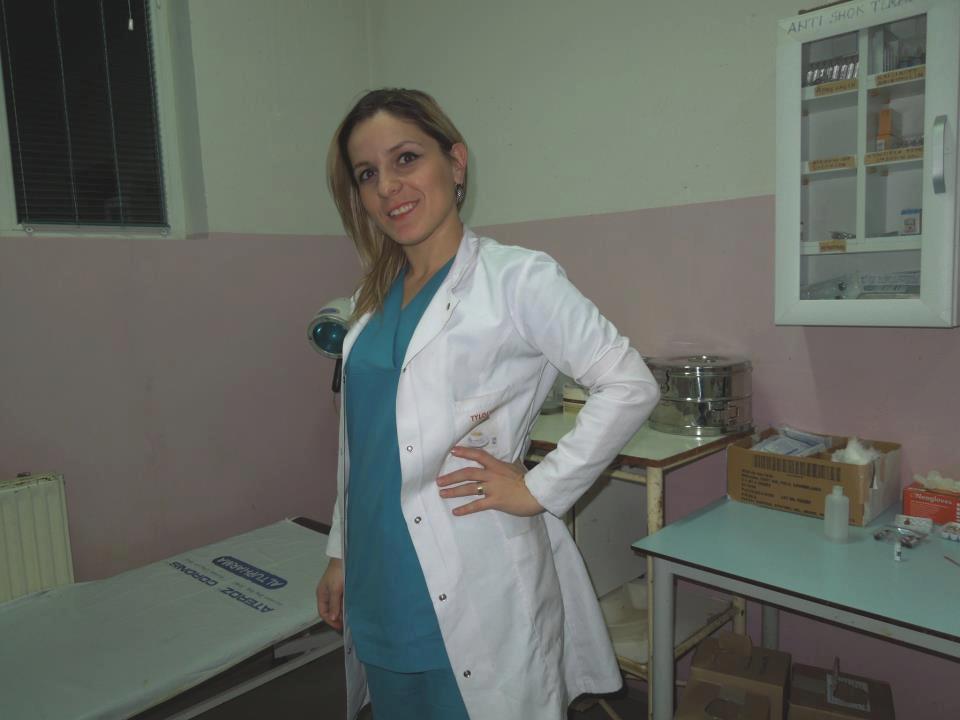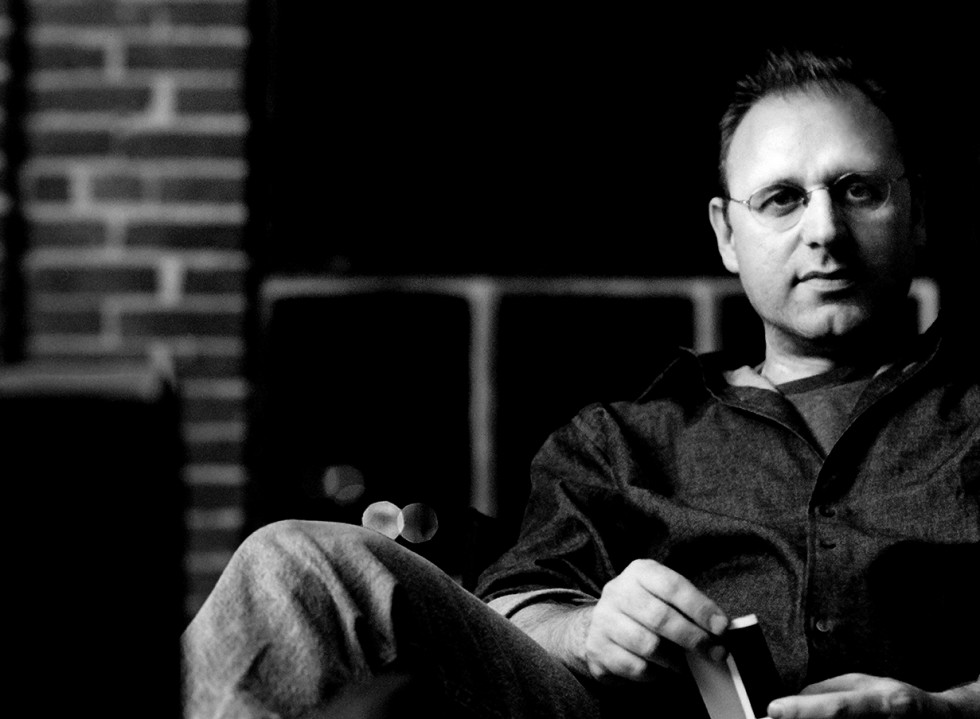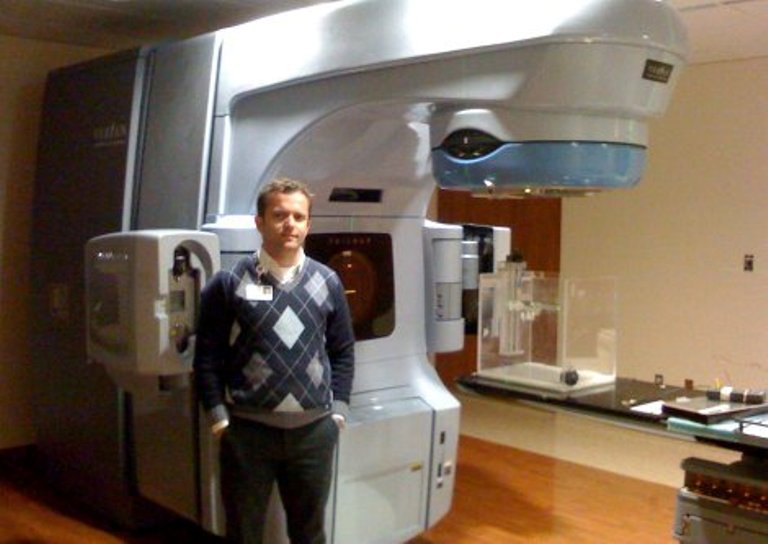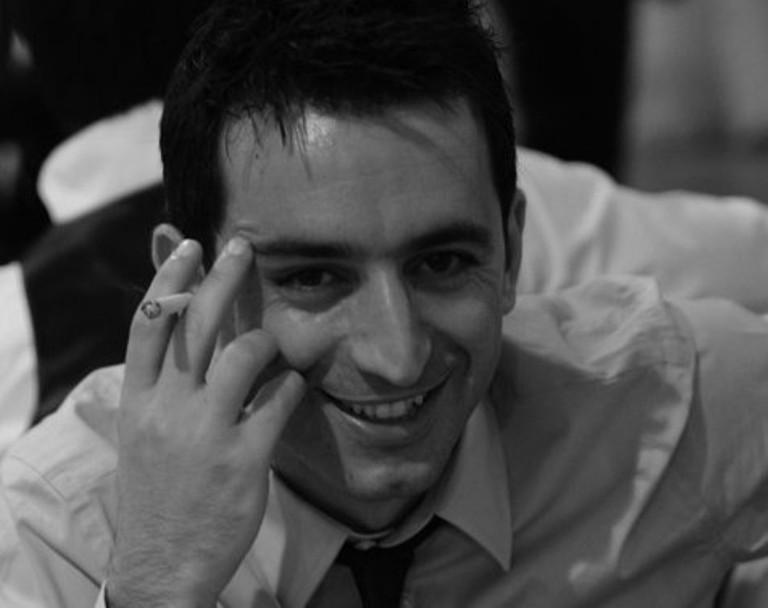Dr. Shqipe Hoxha is a young doctor that comes from a noble and intellectual family in Kosovo. She has enjoyed her family’s support throughout her career. Shqipe is very passionate about medical science and puts much dedication into her profession as a doctor.
During her time at medical High school, her teachers noticed her talent and passion about medicine. So her teachers registered her at a government program that trained her in the field of public and contagious diseases. After successfully finishing her medical High school degree, she got enrolled in a public medical university. Shqipe finished her medical degree in general medicine within 6 years. During those years, she followed a strict program of studying, practicing at the hospital and preparing for exams. After finishing her degree, Shqipe got accepted as a medical High school teacher. Furthermore, she got accepted at the emergency department in a hospital near Prishtine where she takes care of hundreds of patients a day.
Shqipe has also been taking part in the compilation of clinical modules at a public-private school funded by the European Union. The school will open by the end of 2013 in Ferizaj. After all, this is only the beginning for the young doctor. Apart from the fact that she qualifies for specializing in any field at any university clinic in Kosovo, Shqipe’s résumé received many positive confirmations from renowned clinics in Germany, Austria, Croatia and Albania.
Dr. Shqipe says that the medical field is very wide and complicated. It is a struggle to gain as much experience as possible and to apply them. Additionally, each experience varies by country. Kosovo and Austria for instance deal differently with the same issue, but the advantage is that people and diseases are the same everywhere you go.
Currently, Dr. Shqipe Hoxha is working at a hospital in Linz (Austria), where she is assigned to the endocrinology clinic. There, she is part of a program that deals with internal and hormonal diseases. “Akademia Mjeksore Shqipetare ” is a research association of which she is a member of and which has sent her to Austria, hence, joining 50 other young doctors from all over Europe. She says that life in Austria is very beautiful and people are friendly. Yet, Shqipe misses her friends and family back home.
Once Shqipe started working in Austria, she realized that “medical science is the same all around the world and we Albanians keep up with scientific standards. However, the clinic in Linz is much more developed in terms of technology, medicine, keeping protocol and legal regulations”.
Shqipe enjoys a rather tranquil and happy life. She is engaged to a man who works in the same professional field. She says that family is sacred. Love and respect for each other’s different Albanian cultural background is key within her relationship. Dr. Shqipe also says that her steps across Europe go towards specializing, studying and gaining certification. Those steps, however, are to complete her final goal which is to serve her country and people!
Interview conducted by Akademia Mjeksore Shqipetare, translated by Albina Makolli.




